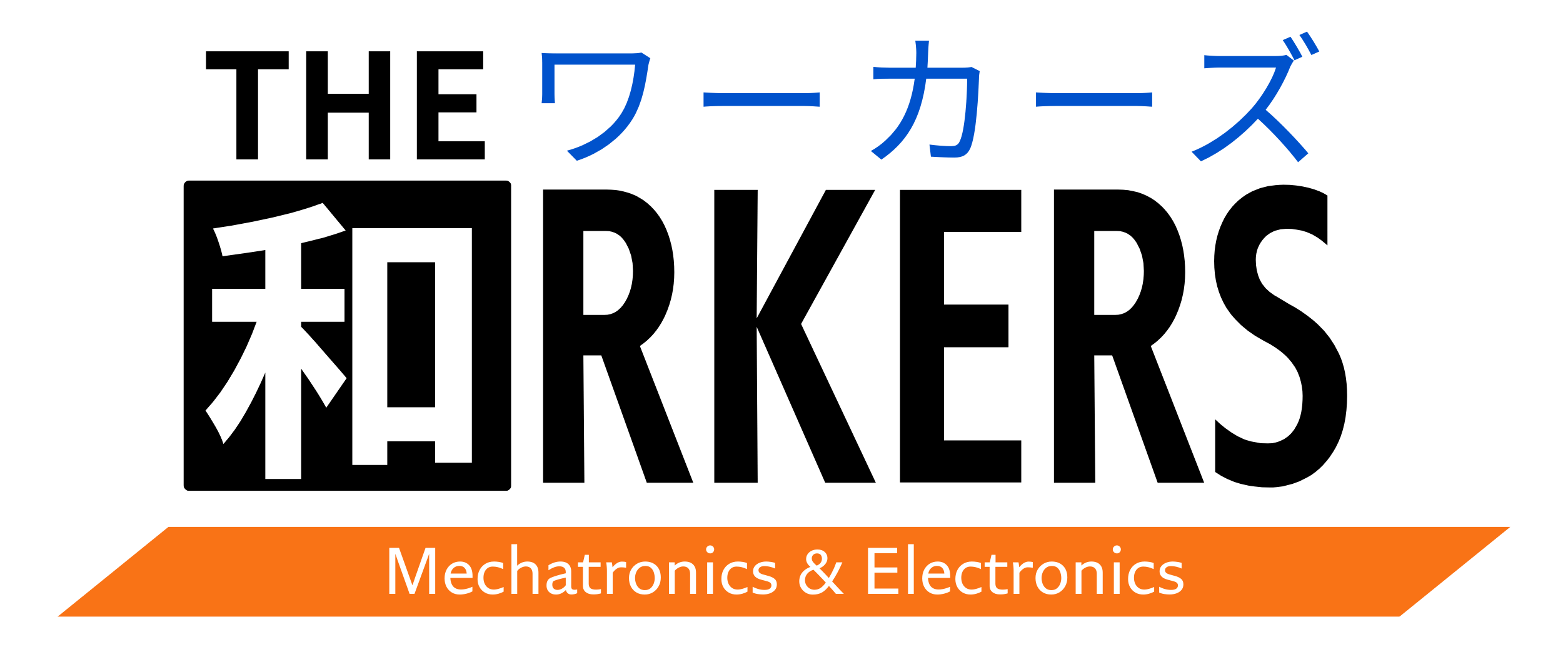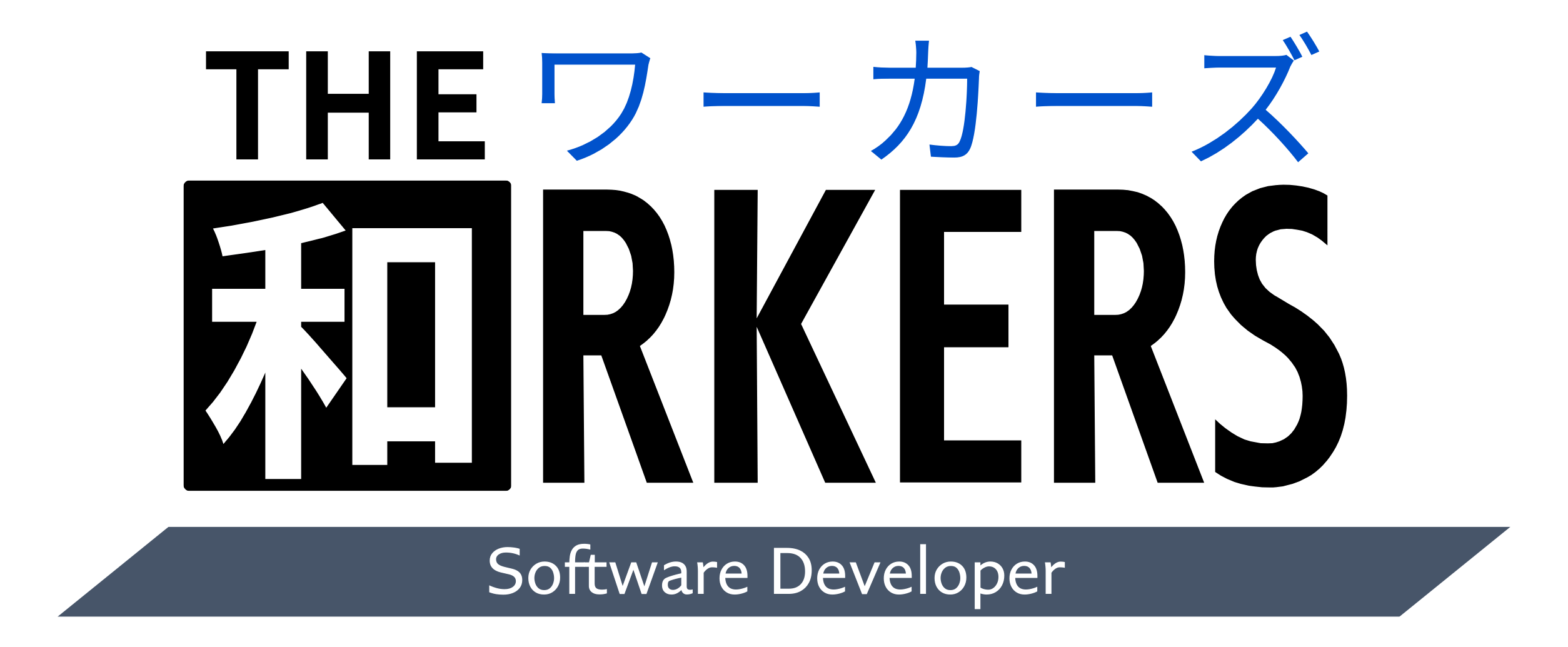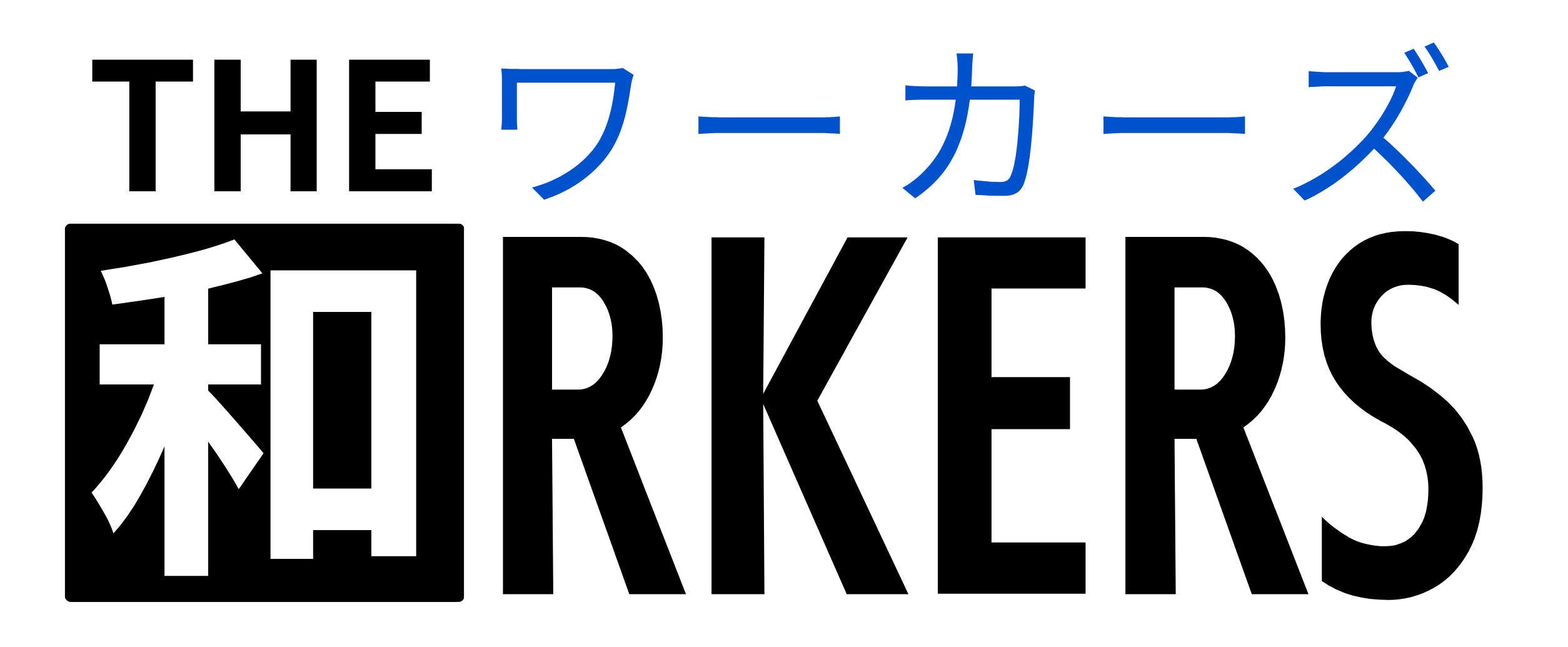Job Interview Etiquette in Japan for Foreign IT Professionals|How to Succeed in Your First Japanese Interview
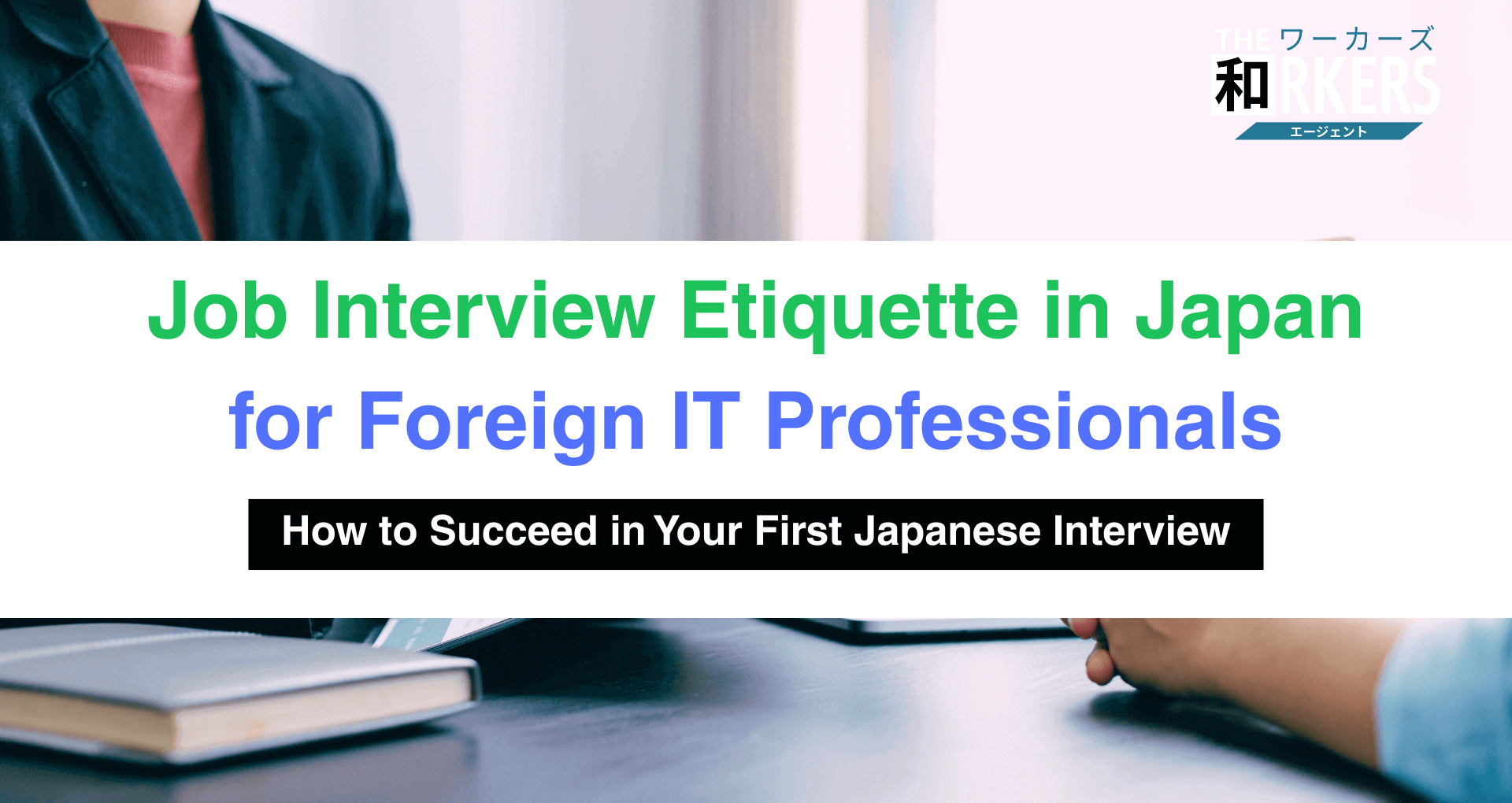
If you’re a foreign IT professional considering a career in Japan, one of the biggest challenges you may face is the job interview.
Japanese interviews often focus not only on skills but also on cultural fit and communication style—factors that can feel unfamiliar at first.
In this guide, we’ll walk you through everything you need to know to prepare for your first job interview in Japan, including key etiquette, common mistakes to avoid, and how to present yourself with confidence. Whether you’re applying to a Japanese company or a global firm based in Japan, this article will help you make a strong impression.
1. What Makes Job Interviews in Japan Unique?
In Japan, job interviews are not just about evaluating your technical skills and work experience.
Cultural fit—how well you align with the company’s values and work environment—is equally important.
This can be especially challenging for foreign professionals unfamiliar with Japanese workplace norms. Understanding how interviews are conducted in Japan, and what hiring managers look for, is crucial to succeeding in your job application.
The Two Main Goals of a Japanese Job Interview
In general, Japanese companies conduct interviews to assess two key areas:
Technical Skills and Professional Experience
Interviewers will review your previous roles, project experience, and whether your skills match the job requirements.
For IT positions, expect more practical and detailed questions—such as which technologies you’ve worked with, what development methodologies you’ve used, and your responsibilities within a team.
Cultural Fit and Communication Style
Even highly skilled candidates may be rejected if the company feels they won’t adapt well to the team or work culture.
Japanese companies tend to value politeness, teamwork, and respectful communication. During interviews, they often evaluate your personality through your tone of voice, listening attitude, and how you respond to questions.
Why This Company? Be Ready to Answer Clearly
Many candidates can explain why they want to work in Japan—but fewer can clearly articulate why they want to join a specific company.
Japanese employers place high value on whether applicants understand and align with their mission, vision, and corporate culture.
You’ll make a stronger impression if you show that you’ve done your research and can relate the company’s values to your own career goals and strengths.
When preparing your answer, try reflecting on the following points:
- The company’s mission, vision, and values (MVV)
- The job description and what’s expected in the role
- Your own career aspirations and professional values
- How your skills or achievements can contribute to the company
2. Preparing for a Job Interview in Japan: What to Know Beforehand
In Japanese job interviews—especially if it’s your first one—preparation is key. From appropriate attire to in-person etiquette, small details can leave a strong impression.
Clothing: A Suit is Usually the Safe Choice, or Clean “Office Casual”
For most companies—especially 日系企業 (Japanese domestic firms)—wearing a suit is the safest and most professional choice for a first interview.
Some 外資系企業 (foreign-affiliated companies) and startups may mention “オフィスカジュアル” (office casual) is acceptable, but when in doubt, stick with a formal suit.
Here’s what to aim for:
- Suit color: Black, navy, or gray—neutral and subdued tones
- Shirt: White or light blue, clean and neatly pressed
- Necktie: Conservative colors and patterns—blue or burgundy are commonly used in Japan
- Shoes, hair, nails, and fragrance: Your appearance should be tidy, polished, and not overly flashy
※For women, a business suit with a tailored jacket and either slacks or a skirt is typically appropriate.
Online Interview Prep: Tech & Environment Checklist
Online interviews are now common in Japan, often conducted via Zoom, Google Meet, or Teams. Be sure to check the following points in advance:
- Stable internet connection (do a speed check if necessary)
- Camera and microphone working properly
- Background should be neutral and professional (virtual backgrounds are acceptable)
- Lighting should be bright enough—use natural light or a lamp if needed
On the day of the interview, log in 5 to 10 minutes early and make sure you’re in a quiet space free of distractions.
In-Person Interviews (会社訪問): Mind the Details
If your interview takes place at the company’s office, there are several etiquette points to keep in mind.
These small behaviors can strongly influence the impression you make in a Japanese business setting.
Arrive Early
To avoid being late due to train delays or getting lost, plan to arrive 15 to 30 minutes early near the company building.
Check in at reception about 5 minutes before your scheduled interview time.
At the Reception
When you arrive at reception, greet the staff clearly and say:
「本日〇時に面接のお約束をいただいております、〇〇と申します。」
(“I have an interview scheduled at [time] today. My name is [your name].”)
※Some companies have unmanned reception desks, where you may need to use an intercom or touchscreen system.
If you’re unsure how to use the system, stay calm and call the contact number provided in your interview instructions.
Entering the Interview Room
When you’re shown to the meeting room, knock gently on the door and say:
「失礼いたします」
(“Excuse me” or “May I come in?”)
Even if there’s a chair ready, don’t sit down until the interviewer invites you with:
「どうぞおかけください」
(“Please have a seat.”)
Bring Printed Documents (Just in Case)
Although most resumes are submitted online, it’s a good idea to bring printed copies of your 履歴書 (Japanese resume) and 職務経歴書 (CV) just in case they are requested during the interview.
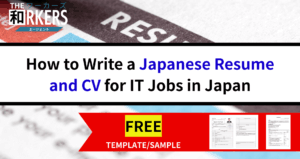
Bring a 名刺入れ (Business Card Holder)
You may or may not receive a business card from your interviewer, but if you do, having a 名刺入れ (card holder) shows that you understand Japanese business etiquette.
Avoid pulling cards out of your pocket or wallet directly—it can come off as unprofessional.
3. Manners and Communication Tips During the Interview
In Japanese job interviews, it’s not just what you say that matters—how you speak, how you listen, and how you behave all influence how you’re evaluated.
Since Japanese companies place strong emphasis on politeness and mutual respect, keep the following points in mind to make a positive impression.
Start with a Polite Greeting
At the beginning of the interview, it’s important to express your appreciation.
Start with a simple phrase like:
「本日はお時間をいただき、ありがとうございます。」
(“Thank you very much for taking the time to speak with me today.”)
This one line alone can give a courteous and sincere first impression.
Use Polite Language (Even Simple Japanese is OK)
If formal Japanese (敬語) is difficult for you, that’s okay.
What matters is using calm, polite language, such as ending your sentences with 〜です/〜ます. You don’t need perfect grammar—clarity and respect come first.
For example:
- 「御社の事業内容におかれましては…」
- 「御社の事業に興味を持ちました。」
(“I’m interested in your company’s business.”)
Keep it simple and speak in your own words. That will leave a more honest, approachable impression.
Let the Interviewer Finish Speaking
In Japanese interviews, interrupting or talking over the interviewer can come across as rude.
Always let the other person finish speaking before you respond.
To show you’re listening respectfully:
- Wait for a brief pause before answering
- Nod occasionally while listening to show engagement
These small behaviors help convey that you’re composed and respectful.
Show Engagement Through Facial Expression and Reactions
Your non-verbal communication is just as important as what you say. In Japanese business culture, it’s crucial to show that you’re actively listening and empathizing.
Here’s how:
- Nod moderately when appropriate
- Maintain eye contact (even in online interviews—look at the camera)
- Smile gently or keep a calm, attentive expression
Avoid staring blankly or showing no reaction, as it might be misinterpreted as disinterest or discomfort. Use your expressions to show you’re present and engaged.
Remember, a job interview is not a one-sided interrogation—it’s a mutual conversation to get to know each other.
Even if you’re nervous, what matters most is communicating with honesty and sincerity.
4. Common Interview Questions in Japan—and How to Answer Them
In Japanese interviews, being prepared for common questions can help you stay calm and make a strong impression.
This section introduces typical questions you’re likely to encounter and tips for answering them effectively.
Self-Introduction(自己紹介 / Self PR)
This is almost always the first question in a Japanese interview.
Be ready to give a brief 1–2 minute summary of your background and strengths.
How to structure your answer:
- Name and country of origin (briefly)
- Years of experience in the IT industry and your specialty (e.g., frontend, SAP)
- Key strengths or accomplishments (e.g., communication skills, technical problem-solving)
- Your reason for changing jobs or your career goals (briefly)
Example(例):
「〇〇と申します。ベトナム出身で、これまで日本とベトナムで合計5年ほどフロントエンドエンジニアとして働いてきました。ReactやTypeScriptを中心に開発を行い、UI/UXの改善に注力してきました。今後は日本企業で長くキャリアを築きたいと思い、今回転職を考えています。」
Explaining Your Work Experience(これまでの職務経験)
It’s most effective to explain your past work by project, focusing on your role and accomplishments.
What to include:
- When, where, and what kind of work you did
- Technologies and development methods used
- Size of the team and your role
- Key results or improvements you contributed to
Example(例):
「直近では、〇〇株式会社でECサイトのフロントエンド開発に携わりました。React、Next.jsを用いて新機能の開発を行い、サイト表示速度を約30%改善しました。」
Why Do You Want to Work in Japan?(なぜ日本で働きたいのか?)
This is a very common question for foreign candidates.
To give a convincing answer, connect your reasons to your personal experience or values (cultural, technical, or lifestyle-related).
What to consider:
- What first sparked your interest in Japan
- Specific work or living experience in Japan, if applicable
- Why you want to work at a Japanese company (e.g., work style, technology, stability)
Example(例):
「日本のものづくりや品質へのこだわりに魅力を感じており、実際に日本で働いた経験から、チームでの丁寧な仕事やお客様に対する姿勢に共感しています。」
Why This Company / This Position?(なぜこの会社/ポジションなのか?)
This is a critical question that checks whether your motivation aligns with the company’s values.
Make sure to study the company’s website and job posting, and relate them to your own goals and experience.
What to include:
- What you resonate with in their business, mission, or culture
- How your skills are relevant to the role
- How the position fits into your long-term career path
Example(例):
「御社のグローバル展開に興味があり、自分も英語と日本語を活かして多国籍チームでの開発に貢献できると考えています。特に御社が取り組まれている〇〇のプロジェクトに魅力を感じました。」
What Are Your Strengths and Weaknesses?(自分の強み・弱みについて)
Japanese interviews often ask about both strengths and weaknesses.
For weaknesses, be honest but show that you are working to improve.
How to talk about strengths:
- Highlight not just technical skills, but also adaptability, multilingual ability, or teamwork
- Support your answer with real examples or results
How to talk about weaknesses:
- Choose a minor or “improvable” area, not a critical flaw
- Show your willingness and actions to improve it
Example(強み):
「私の強みは、異なる文化の中でチームをまとめるコミュニケーション力です。前職では海外チームと日本側の橋渡し役として、仕様の整理と翻訳対応を担当していました。」
Example(弱み):
「日本語でのビジネス文書の作成にはまだ自信がありませんが、毎日ニュースを読んだり、日本人の同僚に添削してもらいながら改善を続けています。」
5. Interview Mistakes to Avoid in Japan—and How to Handle Them
No matter how skilled you are, poor manners in an interview can leave a negative impression.
In Japan especially, manners and attentiveness are highly valued, and even small behaviors can affect how you’re evaluated.
Here are some common mistakes often made during interviews in Japan—and tips on how to avoid them.
Being Late or Missing the Interview Without Notice
In Japanese business culture, punctuality is crucial. Even being one minute late can create a bad impression.
Worse, missing an interview without notice can significantly damage your credibility.
How to avoid it:
- Log in or arrive at reception 5–10 minutes before the scheduled time
- If you might be late, always inform the company by phone or email in advance
- For online interviews, test your connection and tools the day before
Using Your Smartphone During the Interview
Even if it’s just to check the time or silence a notification, operating your smartphone during the interview is considered rude.
How to avoid it:
- Set your phone to silent mode or turn it off before the interview
- If you need to check the time, wear a wristwatch instead
Interrupting the Interviewer
Trying to impress the interviewer is understandable—but starting to speak before they’ve finished asking their question is a no-go.
In Japan, listening patiently is a sign of respect.
How to avoid it:
- Wait for the interviewer to finish before responding
- Nod and say short acknowledgments like 「はい」or「わかりました」to show you’re listening
Speaking Too Long
It’s great to show enthusiasm—but if your answers are disorganized or too long, it can make you seem unfocused or illogical.
How to avoid it:
- Keep each answer within 1–2 minutes
- Use a clear structure: Conclusion → Reason → Example
Focusing Too Much on Salary and Conditions
Salary is important, of course. But focusing too much on compensation in the early interview stage can give the impression that you lack genuine interest in the role.
How to avoid it:
- Only discuss salary if the interviewer brings it up
- Start by discussing how the position aligns with your goals and interests
Example(良い例):
「将来的に〇〇のような領域に挑戦していきたいと思っており、御社の□□プロジェクトに強く興味を持ちました。
条件面については、貴社の規定に従いながら、相談させていただければ幸いです。」
Even small actions you might overlook can have a major impact during interviews in Japan.
Pay attention to both what you say and how you say it, so that your strengths are communicated clearly and respectfully.
6. After the Interview: Follow-Up Etiquette in Japan
Your interaction with the company doesn’t end when the interview is over.
This section covers the key manners to observe after the interview—and answers a common question: “Should I send a thank-you email?”
Is a Thank-You Email Necessary? (Usually not, but OK if brief and sincere)
In Japanese job-hunting culture, sending a thank-you email after the interview is not very common.
Many companies don’t expect it, and in some cases, it may even be considered unnecessary.
That said, if you had a particularly meaningful conversation or genuinely want to express your gratitude, it’s perfectly fine to send a polite and concise thank-you email.
Sample Thank-You Email(お礼メールの例):
件名:本日の面接のお礼(〇〇〇〇)
本文:
〇〇株式会社
○○部 〇〇様
本日はお忙しい中、面接のお時間をいただき誠にありがとうございました。
貴社の事業内容や〇〇部門の取り組みについて直接お話を伺い、より一層興味が深まりました。
今後の選考について、どうぞよろしくお願いいたします。
〇〇〇〇(氏名)
※Make sure to keep the message focused on appreciation only—avoid bringing up salary or conditions at this stage.
Waiting for the Result: Patience and Professionalism Matter
It usually takes a few days to about a week to hear back after an interview in Japan.
Even if you’re anxious, try not to rush the process or follow up too soon.
Key points to remember:
- Wait until the date provided by the company before following up
- If the deadline passes and there’s no response, check through your recruiter or politely contact the company by email
- Never reach out via social media or personal accounts—use formal business channels only
Conclusion: Understand the Culture, But Stay True to Yourself
Japanese job interviews come with their own unique set of customs and expectations.
However, you are not expected to act like a “perfect Japanese person.”
In fact, many Japanese companies hire foreign professionals precisely because they value diversity, global perspectives, and different ways of thinking.
That’s why the most important things are:
- A willingness to understand Japanese culture
- Showing respect and sincerity in your interactions
- Making an honest effort to express your own thoughts and values
Interviewers understand that you may be nervous, and that your Japanese may not be perfect.
What truly matters is your effort to communicate clearly and politely—in your own words.
You may feel anxious as you take on this new challenge, but trust yourself—and approach the interview as your authentic self, with confidence.
Why Foreign IT Professionals Should Consider THE和RKERS
At THE 和RKERS Agent, we specialize in supporting international IT professionals who want to build meaningful careers in Japan.
Whether you’re already working in Japan or considering your first job here, we understand the unique challenges you may face—language barriers, visa questions, cultural differences—and we’re here to help every step of the way.
\Software Engineers, IT Consultants, Data Scientists…/
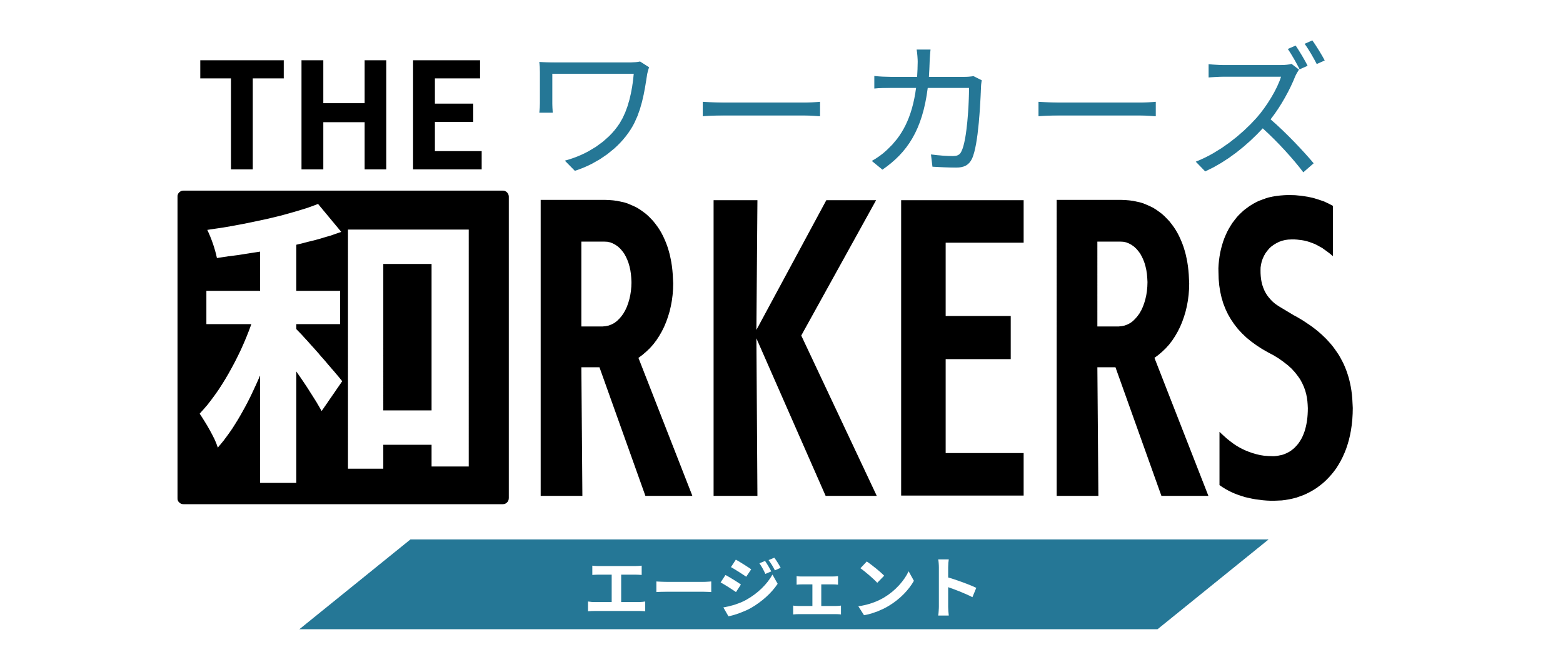
Non-Japanese and aiming for a top-tier job in Japan?
Get in touch with THE 和RKERS Agent today.



Software Engineers,
IT Consultants,
Data Scientists…

Non-Japanese and aiming for a top-tier job in Japan?
Get in touch with THE 和RKERS Agent today.
